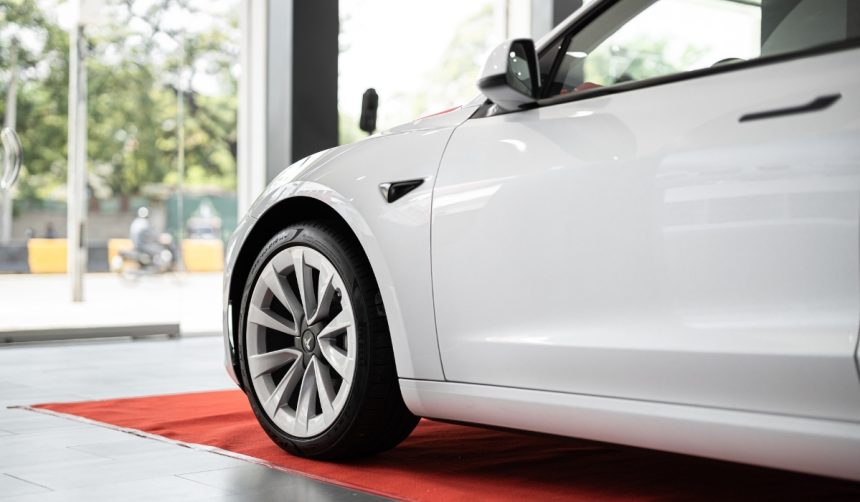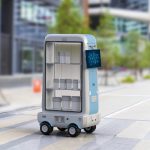Efforts to restrict Tesla’s access to key vehicle registration documents remain a contentious issue in Sweden, as labor unions intensify their campaign for collective agreements with the electric car maker. Since November 2023, postal unions, including Seko and IF Metall, have blocked all mail delivery to Tesla-related addresses, turning license plate delivery into a strategic leverage point. Despite the ongoing blockade, Tesla customers keep receiving valid license plates, raising questions about the effectiveness of the unions’ pressure tactics and prompting criticism from union leaders.
When Tesla initially faced postal blockades in Sweden, earlier reports indicated the company struggled to keep its logistics moving smoothly, leading to frustration among both car owners and employees. Over time, Tesla’s adaptability enabled it to maintain operational continuity by leveraging a variety of new strategies. This contrasts with initial expectations from observers who predicted prolonged disruption to Tesla’s Swedish operations. Today’s developments highlight how Tesla’s ongoing workaround measures have diminished the anticipated impact of the unions’ actions.
How Has Tesla Responded to the Blockade?
Tesla adopted various tactics to bypass the union-imposed postal restrictions, relying on support from private homes and alternative addresses for plate delivery. Investigations revealed Tesla Sweden submitted registration documents using the addresses of employees’ family members and non-company-affiliated private residences in areas such as Trångsund and Vårby. This maneuver allowed the company to continue delivering vehicles with proper documentation, despite the union’s efforts to disrupt the process.
What Do Union Leaders Say About This Tactic?
Union leaders reacted with frustration as the workarounds came to light, expressing both disappointment and indignation over Tesla’s persistence. Seko chairman Gabriella Lavecchia objected strongly to these efforts, emphasizing the unions’ disapproval of Tesla’s refusal to meet collective bargaining demands.
“It is embarrassing that one of the world’s largest car companies, owned by one of the world’s richest people, has sunk this low,”
said Lavecchia. She further commented,
“Unfortunately, it is completely frivolous that such a large company conducts business in this way.”
Are There Ongoing Workarounds Despite the Blockade?
According to the Swedish Transport Agency, Tesla continues to use alternate methods, including registering cars through non-official or temporary addresses, to obtain license plates. Reports from Dagens Arbete and Arbetet detail how the company has previously relied on car care shop addresses in Stockholm, Norrköping, and Gothenburg, as well as individuals ordering replacement plates when ownership is transferred from Tesla to buyers. In certain instances, local police have also issued temporary plates for Tesla vehicles, indicating the variety and persistence of Tesla’s approach to keeping its shipments legal and on the road.
The persistent ability of Tesla to navigate around the postal blockade demonstrates a high level of operational creativity and legal resourcefulness that other firms facing similar circumstances may observe. Readers tracking the labor tensions between Tesla and Swedish unions may see the situation as an example of how regulatory frameworks and corporate resolve collide when traditional negotiation pathways stall. Understanding both the unions’ tactics and Tesla’s persistence can offer insights for anyone monitoring labor relations in complex international environments, especially in contexts where regulatory technicalities become central to industrial disputes.










